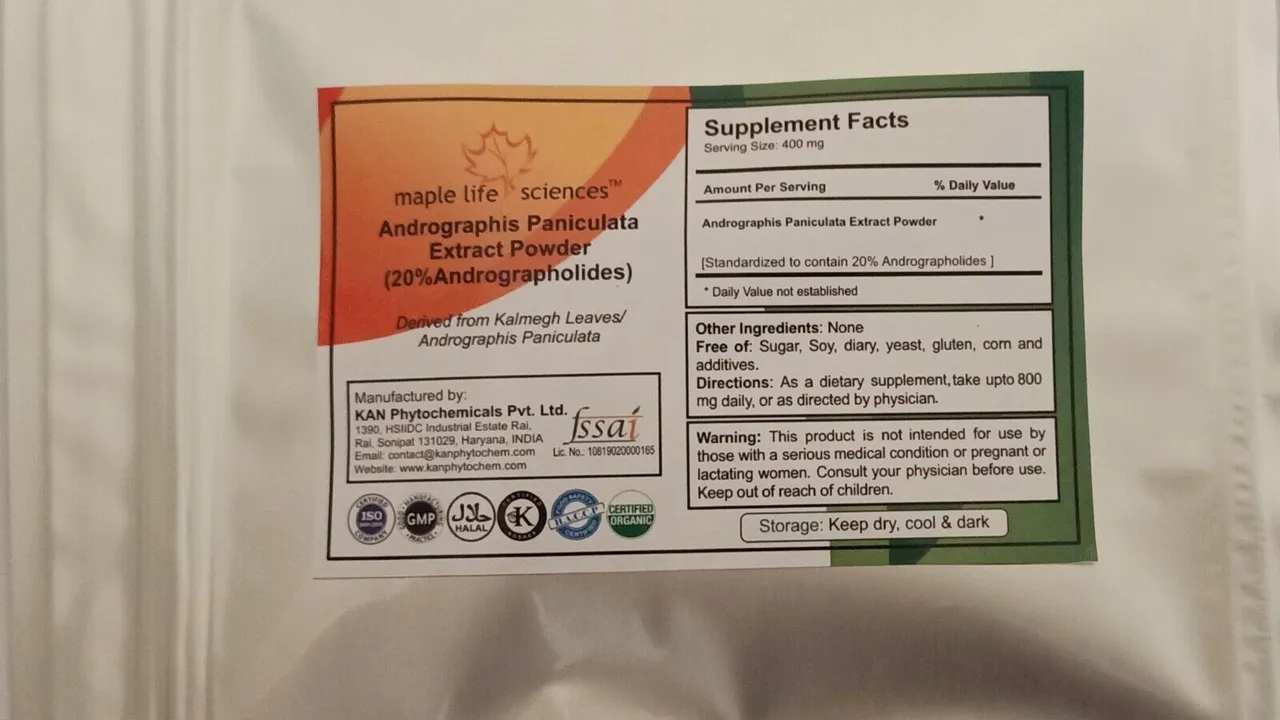Drug Effects: Quick Guide to What You Need to Know
If you’ve ever taken a pill and felt something odd, you’re experiencing a drug effect. Those effects can be the intended relief you wanted or an unexpected reaction that catches you off guard. Knowing the difference helps you stay safe and get the most out of any medication.
Typical Effects You Might Feel
Most drugs have two parts: the primary effect (what they’re meant to do) and side effects (extra reactions). For example, a blood thinner like Plavix aims to stop clots, but it can also cause mild bruising or stomach upset. Hair‑loss treatments such as Rogaine work by stimulating follicles, yet some users notice scalp irritation.
Side effects often fall into three groups: mild (headache, dry mouth), moderate (dizziness, rash), and severe (shortness of breath, swelling). The severity usually depends on dosage, how your body processes the drug, and whether you mix it with other meds. Reading the label gives you a quick list of what to expect.
How to Manage Unexpected Reactions
The first step when something feels off is to stop taking the medication and note what happened. Write down the time you took the drug, dosage, and every symptom you notice. This record makes it easier for your pharmacist or doctor to spot patterns.
If the reaction is mild—like a temporary nausea—you can often ease it by taking the pill with food, drinking more water, or adjusting the timing of doses. For moderate issues like persistent dizziness, contact a healthcare professional right away; they may suggest a lower dose or an alternative drug.
Severe reactions need urgent attention. Shortness of breath, swelling of the face or tongue, and intense rash can signal an allergic response. Call emergency services if you suspect any of these, because waiting could worsen the situation.
Preventing unwanted effects starts with honest communication. Tell your doctor about every supplement, over‑the‑counter product, and prescription you use. Even natural herbs like Chinese Mallow or Panax pseudoginseng can interact with meds and change how they work.
Finally, keep track of refill dates and never share medication. Sharing increases the risk of mismatched dosages and unexpected side effects for both parties.
Understanding drug effects empowers you to make smarter health choices. By watching for symptoms, keeping good records, and staying in touch with your healthcare team, you can enjoy the benefits of medicine while minimizing risks.
Hey guys, I want to dive into something important today. We're going to discuss Verapamil and liver health. I know, it's a heavy topic, but it's vital we understand the effects of this medication on our body, especially our liver. We'll also talk about safety precautions we need to consider. So come along with me on this journey of discovery, for our body's sake.

